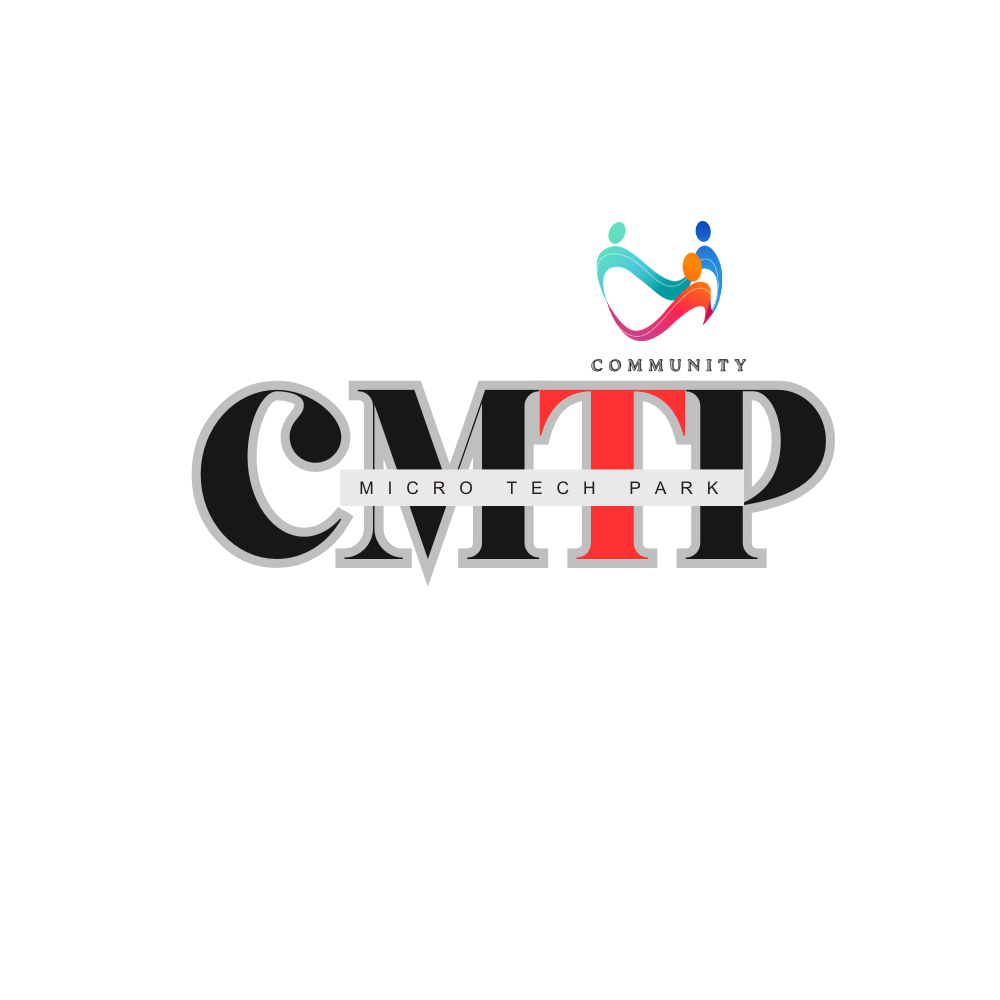Business Model: Community Micro Tech Park

Business Model: Community Micro Tech Park
1. Executive Summary
A Community Micro Tech Park (CMTP) is a small-scale technology hub designed to foster innovation, entrepreneurship, and digital transformation within local communities. The park provides affordable co-working spaces, incubation programs, digital infrastructure, and business development services to startups, small businesses, and technology enthusiasts.
2. Value Proposition
- Affordable access to digital infrastructure and office spaces.
- Incubation programs for startups and entrepreneurs.
- Training and mentorship opportunities in tech and business development.
- Community-driven innovation and collaboration.
- A bridge between academia, industry, and local talent.
3. Revenue Model
- Membership & Co-working Fees: Monthly and annual plans for individuals and businesses.
- Incubation & Acceleration Programs: Fees from startups for specialized mentorship and support.
- Event Hosting & Training Programs: Revenue from workshops, conferences, and corporate training.
- Tech Services & Consulting: Offering IT solutions, software development, and digital marketing services.
- Government & NGO Grants: Funding from public and private sector partnerships.
- Sponsorship & Advertising: Revenue from corporate sponsorships and branding opportunities.
4. Key Components
- Physical Infrastructure: Office spaces, labs, high-speed internet, and meeting rooms.
- Incubation & Acceleration Hub: Structured programs for early-stage startups.
- Community & Networking: Regular meetups, hackathons, and networking events.
- Training & Capacity Building: Courses on coding, digital marketing, AI, and entrepreneurship.
- Tech Support & Consultancy: Providing digital solutions to local businesses.
5. Target Market
- Tech startups and entrepreneurs
- Small and medium-sized enterprises (SMEs)
- Freelancers and remote workers
- Students and academic researchers
- Government and NGOs interested in digital transformation
6. Competitive Advantage
- Localized, community-focused approach.
- Cost-effective compared to large tech parks.
- Strong partnerships with academic institutions and industry players.
- Focus on digital inclusion and grassroots innovation.
7. Key Partnerships
- Universities and research institutions
- Government agencies and municipalities
- Corporate sponsors and technology companies
- Local businesses and entrepreneurs
- NGOs and development agencies
8. Cost Structure
- Real estate and facility management
- Salaries for staff and mentors
- Technology and software infrastructure
- Marketing and outreach
- Event organization and community engagement
9. Scalability & Growth Plan
- Launch an initial pilot micro tech park in a target community.
- Develop strategic partnerships to scale operations.
- Expand to multiple locations with region-specific adaptations.
- Introduce online and remote-access services for wider reach.
10. Impact & Sustainability
- Job creation and economic development.
- Digital literacy and skill enhancement.
- Promotion of local entrepreneurship and innovation.
- Sustainable revenue streams for long-term viability.
A well-implemented Community Micro Tech Park can become a catalyst for regional economic growth, technological innovation, and workforce development, positioning communities as emerging tech hubs.